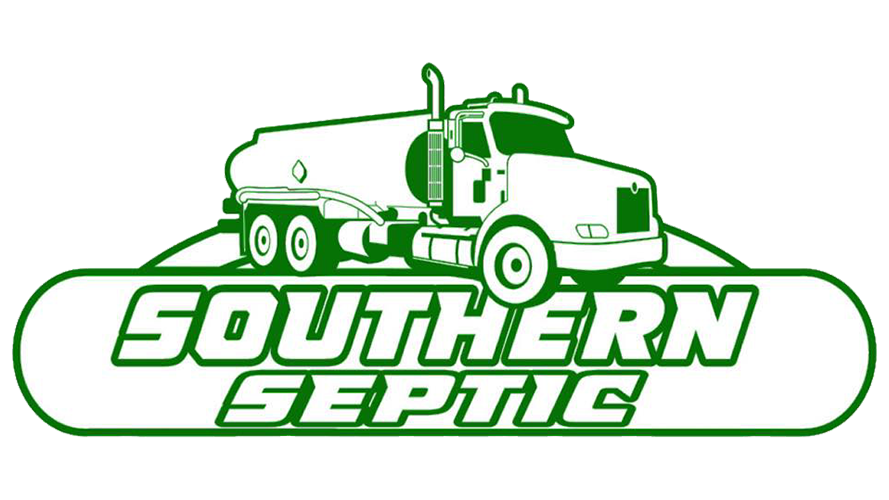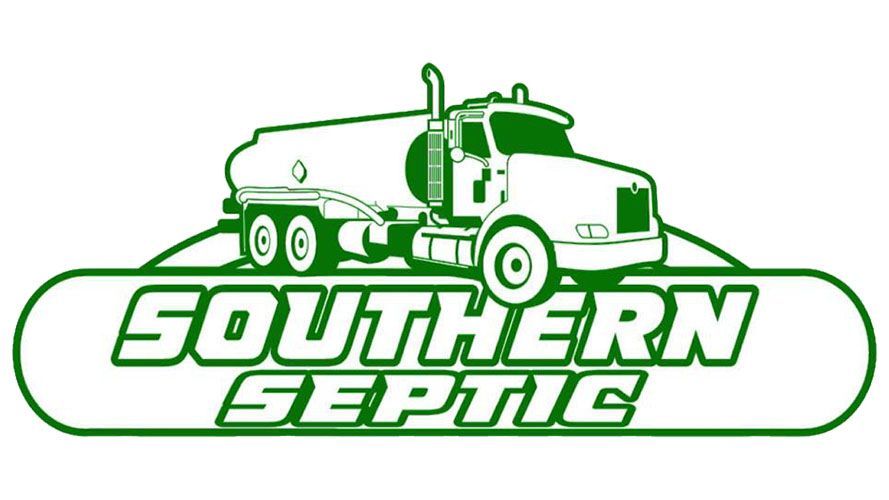Septic Pumping Services in Palm Beach, Martin, and Broward Counties
Request Quote
Septic Pumping Services in West Palm Beach, FL
Southern Septic offers reliable septic tank cleaning services to ensure your system runs smoothly. Serving Palm Beach, Martin, and Broward counties, we manage backups and provide routine maintenance and emergency services tailored to meet your needs. Here are items to avoid flushing:
- Baby wipes
- Cat litter
- Feminine hygiene products
- Heavy chemicals
- Grease
Call or text Southern Septic to schedule your service today
Why Routine Septic Pumping is Essential
A properly functioning septic system depends on regular pumping and maintenance. Over time, solids accumulate in your septic tank, reducing its capacity and efficiency. If left unaddressed, this buildup can lead to backups, foul odors, or even environmental contamination. A septic pump out in West Palm Beach, FL, performed by professionals like Southern Septic, removes these solids safely and restores your system’s performance.
Many homeowners are unaware of how frequently a septic tank should be pumped. Factors such as household size, tank capacity, and water usage influence pumping schedules. Southern Septic recommends inspecting your system regularly and scheduling a septic pump out in West Palm Beach, FL at intervals that prevent system overload and costly repairs.
Common Indicators You Need Septic Pumping
Recognizing early signs that your system requires pumping can prevent emergencies. Homeowners should watch for the following warning signs:
- Slow-draining sinks, toilets, or showers
- Unpleasant or strong odors near the septic tank or drain field
- Standing water or soggy areas around your drain field
- Frequent need to pump the tank more often than scheduled
- Gurgling sounds in plumbing fixtures
If you notice any of these issues, contacting Southern Septic promptly ensures you avoid more serious damage and additional expenses. Our technicians specialize in evaluating and servicing systems that show early signs of failure, offering solutions tailored to your property’s specific needs.
Benefits of Professional Septic Pumping
While some homeowners consider DIY maintenance, professional septic pumping provides critical advantages. Southern Septic’s team uses advanced equipment and years of expertise to handle every job efficiently. Key benefits include:
- Comprehensive cleaning that removes sludge and scum completely
- Inspection of system components during pumping to detect potential issues
- Safe handling and disposal of wastewater in compliance with local regulations
- Reduced risk of backups, clogs, or drain field damage
- Extended lifespan of your septic system through preventive maintenance
- Peace of mind knowing that your system meets health and safety standards
Scheduling a regular septic pump out in West Palm Beach, FL with Southern Septic ensures these benefits are realized, helping you avoid expensive repairs and environmental hazards.
How Southern Septic Handles Your Septic Pumping Needs
Our team follows a thorough process to guarantee a safe, efficient, and complete septic pump out in West Palm Beach, FL. Here’s what you can expect when you choose Southern Septic:
- Initial Assessment: We evaluate the tank size, condition, and access points to plan a safe and effective pumping procedure.
- Tank Pumping: Using high-capacity vacuum trucks, we remove accumulated solids and liquids from your septic tank.
- Inspection: While the tank is empty, our technicians inspect all components, including baffles, inlet and outlet pipes, and the overall tank integrity.
- Proper Waste Disposal: All removed materials are transported and disposed of according to state and local regulations, protecting both the environment and public health.
- System Recommendations: After pumping, we advise on any repairs, maintenance, or adjustments needed to keep your system functioning optimally.
This structured approach ensures that every septic pump out in West Palm Beach, FL is handled with precision, preventing issues before they arise and extending the life of your system.
Tips for Maintaining a Healthy Septic System
Beyond professional pumping, certain habits can help preserve your septic system and minimize the need for frequent interventions. Homeowners who adopt proactive practices can extend the lifespan of their septic systems and prevent costly repairs.
Avoid flushing non-biodegradable items, such as baby wipes, feminine hygiene products, and cat litter. These materials do not break down in the tank and can clog pipes or damage the drain field. Even “flushable” wipes can contribute to blockages, so it’s best to dispose of them in the trash.
Limit the use of harsh chemicals and excessive grease in household drains. Chemicals like bleach or drain cleaners can kill beneficial bacteria in the septic tank, impairing the natural breakdown of solids. Pouring grease down the sink can solidify in the pipes and tank, leading to blockages and costly repairs.
Conserve water to prevent overwhelming the tank and drain field. Spread out laundry loads and avoid running multiple water-heavy appliances at once. Excessive water can flush solids into the drain field before proper decomposition, reducing the system’s effectiveness and potentially causing backups.
Schedule inspections and maintenance regularly, even if no obvious problems exist. Routine inspections allow technicians to identify small issues before they become major problems. Regular maintenance ensures your system continues operating efficiently and may save you from expensive repairs in the future.
Protect your drain field from heavy vehicles or construction activities that could compact the soil. Compacted soil reduces the system’s ability to absorb and treat wastewater, potentially leading to pooling water or system failure. Landscaping and recreational activities should be planned carefully to avoid putting pressure on critical areas.
By combining these practices with professional septic pumping, homeowners can keep their systems running efficiently for years.
Emergency Septic Pumping Services
Septic emergencies can occur at any time, from sudden backups to tank overflows. Southern Septic offers 24/7 emergency services to address urgent situations quickly and safely. Our experienced technicians respond promptly to mitigate damage, perform a full pump out, and restore your system to proper function. Relying on a professional septic pump out in West Palm Beach, FL ensures your home remains safe and sanitary during unexpected problems.
Advantages of Choosing Southern Septic
Choosing the dedicated team at Southern Septic means opting for expertise and reliability. We offer several benefits that set us apart:
- Same-day appointments may be available
- Emergency services available 24/7
- Master contractor with over 20 years of expertise
- Established in 2009, locally and family-owned
- Fully licensed and insured
- Certified in performance-based systems and a member of the FOWA board
- Most services completed within 48 hours
- We honor manufacturer warranties
- Discounts for Veterans and first responders
- One-year warranty on new drain field installations
Contact Southern Septic to experience these benefits firsthand.
Contact Southern Septic Today
Reach out to Southern Septic for all your septic pumping needs in Palm Beach, Martin, and Broward counties. Our team is ready to assist you with prompt and professional service.
Whether you require routine maintenance, an emergency service, or a consultation, Southern Septic is ready to help. Our friendly, knowledgeable staff will schedule your service promptly, discuss your system’s needs, and provide expert solutions to keep your septic system running smoothly. Don’t wait until a minor problem becomes a costly repair—contact Southern Septic today to schedule your septic pump out in West Palm Beach, FL, and enjoy reliable, worry-free system maintenance.
Maintaining a healthy septic system is easier when you partner with experienced professionals. Southern Septic’s team is committed to delivering quality, dependable service for homeowners throughout Palm Beach, Martin, and Broward counties. Trust us to keep your septic system operating efficiently, prolong its lifespan, and protect your property from unnecessary damage. Reach out today for peace of mind and the highest standard of septic care.


Share On: